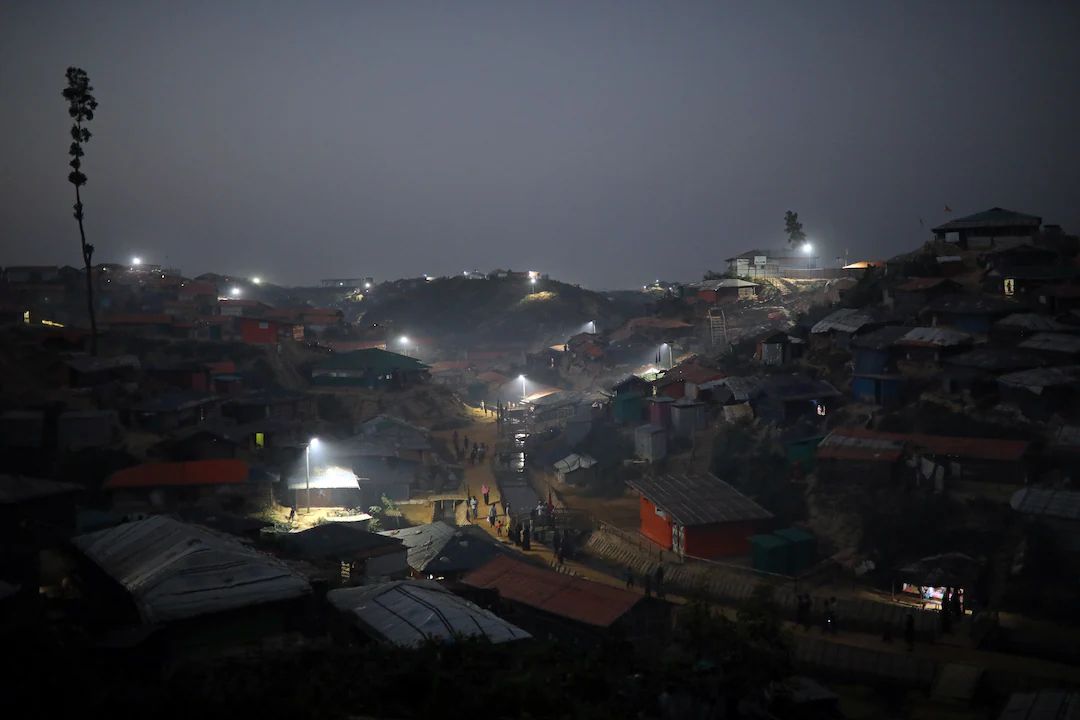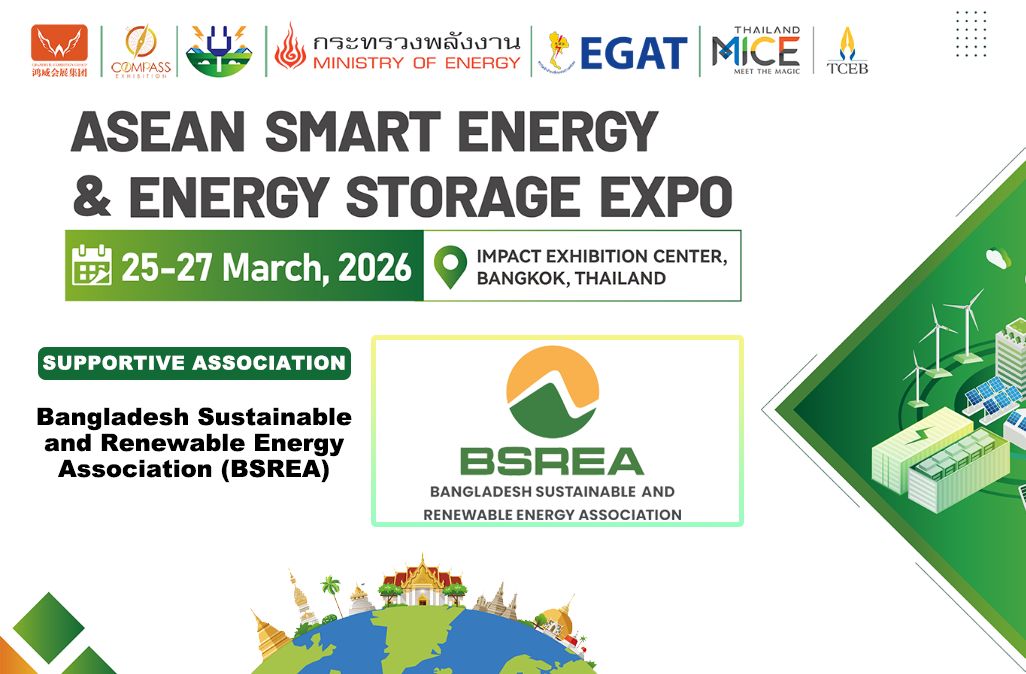Bangladesh Accelerates Clean Energy Transition with Rooftop Solar Initiative
Date:2025-07-04
In June 2025, Bangladesh's interim government issued a directive requiring solar panel installation on rooftops of all public buildings—including schools, colleges, and hospitals—as part of a national push to expand clean energy and reduce reliance on costly fuel imports.
Currently, only 5.6% of Bangladesh's electricity comes from solar power, far behind its regional peers: Sri Lanka (39.7%), India (24%), and Pakistan (17.16%). To close this gap, the government has floated tenders for 55 land-based solar projects with a combined capacity of 5,238 MW, though these are not expected to be operational before 2028.
Nobel laureate and interim leader Muhammad Yunus proposed a fast-track rooftop-first model driven by private investment:
1\ The government provides rooftop space
2\ Private companies handle installation and maintenance
3\ Institutions benefit from free electricity and rooftop rental income

Clean energy is emerging as a strategic pillar for energy security and economic resilience across Asia. Bangladesh's rooftop solar program may prove to be a critical step in unlocking its renewable energy potential.
ASEE-ASEAN Smart Energy & Energy Storage Expo is honored to announce our collaboration with Bangladesh Sustainable and Renewable Energy Association (BSREA). We hope this partnership will serve as a platform to strengthen professional energy exchange across Southeast Asia and support Bangladesh in its journey toward a cleaner, more sustainable energy future.

The ASEE Organizing Committee is also actively engaging with key energy authorities and institutions in Bangladesh. We are pleased to announce that the Director of the Bangladesh Energy Regulatory Commission will join ASEE as a distinguished guest to share the latest developments in Bangladesh's energy landscape.
We look forward to this collaboration becoming a meaningful step toward advancing regional cooperation and accelerating the clean energy transition in South and Southeast Asia.
Source by the Reuters

 Location >>
Location >> 
